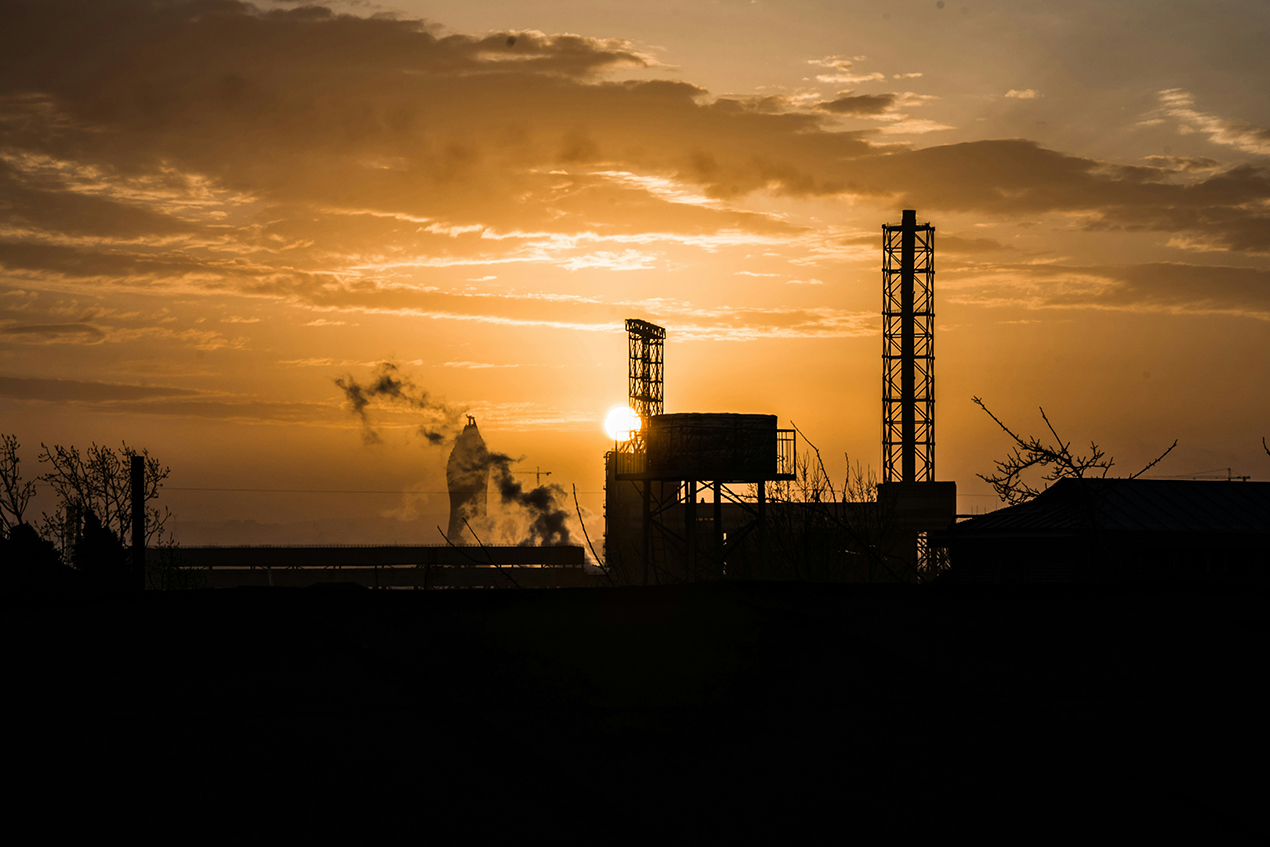News
Japan Proposes
Following his visit to the United States, Japanese Prime Minister Shinzo Abe began a visit to five Middle East countries including Saudi Arabia, the United Arab Emirates, Kuwait, Qatar and Egypt. Japanese media analysis said that the purpose of Abe's trip was first to propose to Saudi Arabia the establishment of a "common oil reserve concept", by calling for the expansion of extensive exchanges with Middle East countries in the political, economic and cultural fields, and to make flexible use of free trade agreement (FTA) negotiations and Cabinet-level political dialogue will push Japan's energy diplomacy onto the right track, thereby preparing for future energy battles with China.On April 28, Abe’s government plane arrived at the Riyadh Air Force Base in the Saudi capital from Washington. Also accompanying Abe on his visit to the Middle East was an economic and trade delegation of 200 Japanese entrepreneurs headed by Mitarai Fujio, president of the Japan Business Federation. This is the second time that the Japanese economic and trade delegation has traveled with the Prime Minister since APEC in Vietnam last November. They will accompany Abe throughout his trip to the Middle East.
Abe attended an economic discussion held by the visiting delegation and Saudi entrepreneurs on the same day. He said that Saudi Arabia is an important trading partner of Japan, and Japan is willing to actively participate in and help Saudi Arabia's rapidly developing economic construction, encourage Japanese entrepreneurs to increase investment in Saudi Arabia, and hope that both parties will further strengthen their cooperation in energy, communications, mining, and machinery manufacturing. economic and trade cooperation in the field. Abe said: “One of the purposes of my visit is to move bilateral relations beyond the previous oil-centered state, to build a multi-layered, solid relationship that is not limited to economic relations, and to create a ‘Japan-Middle East New Era’. "
In talks with Saudi King Abdullah, Abe proposed providing part of the oil reserve base in Okinawa Prefecture to the Saudi state-owned oil company. The oil reserves at the Heianzashima Base in Okinawa Prefecture, Japan, are 5.25 million kiloliters, equivalent to 10 days of consumption across Japan. The Japanese government hopes to sign an agreement with Saudi Arabia to provide some oil storage tanks to Saudi Arabia for the storage of oil, and Japan will have priority in purchasing this oil in an emergency.
After the meeting, Abe and Abdullah issued a joint statement, stating that they would strengthen high-level political dialogue including foreign ministers.
Japanese media pointed out that Japan relies on the Middle East for approximately 90% of its crude oil imports. To this end, stabilizing the local situation is crucial to safeguarding Japan's energy. From the perspective of ensuring energy security, the Japanese government believes that it is extremely important to further deepen the interdependence with Saudi Arabia, a major oil resource country. For Saudi Arabia, the establishment of new commercial oil depots in Asia is also beneficial to the country's economic development.

RELATED NEWS
- Talisman Energy's First-quarter Profit Increased by 164%
- Volkswagen Plans to Form Third Joint Venture Car Company in China to Develop New
- Denmark Plans to Develop Clean Energy and Shift to Biofuels
- Google will Use Tax Incentives to Expand Clean Energy Projects
- International Oil Prices Continued to Rise Sharply, Approaching US$110
